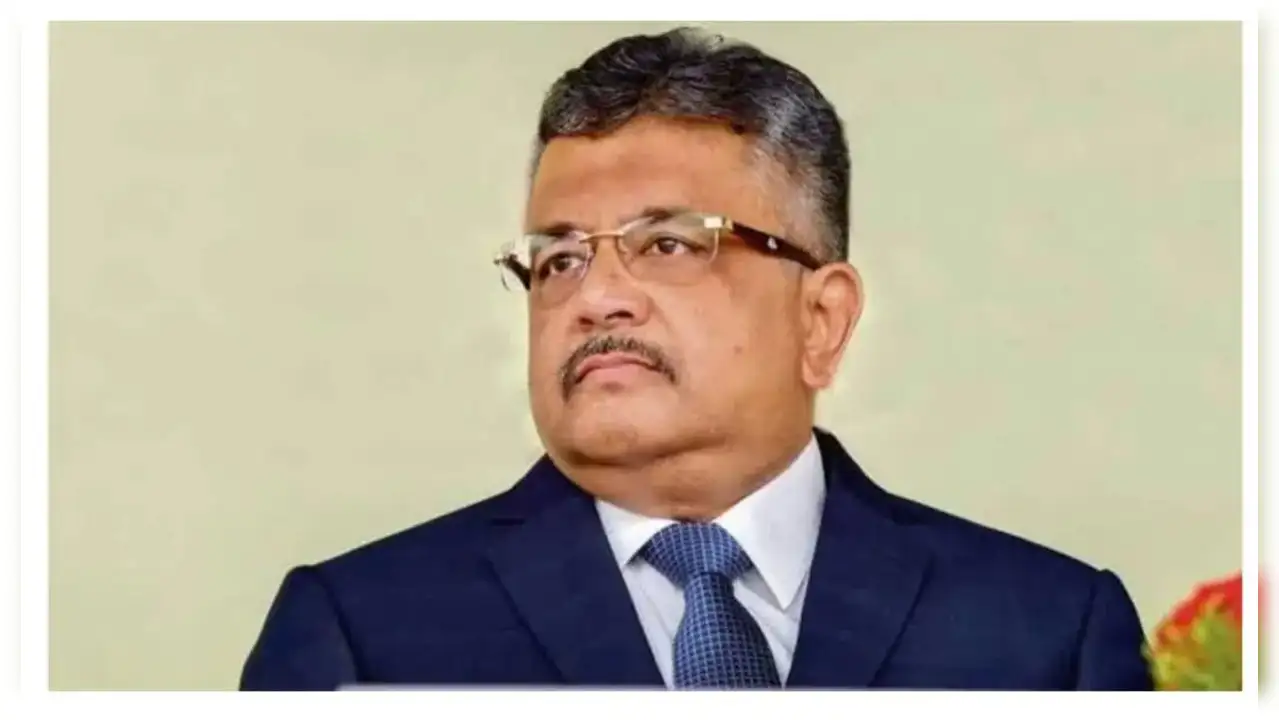By Harish V Nair
Copyright timesnownews

New Delhi: The petitioners- several Opposition Parties, Muslim organisations and NGOs- had claimed victory soon after Supreme Court’s interim verdict on approximate 100 petitions which challenged the constitutional validity of Waqf Amendment Act, 2025 was delivered shortly after 10:30 AM today. But once the entire 128 page judgment copy was uploaded on Supreme Court’s website , a plain reading made it clear that the Central government which had defended the Act through Solicitor General of India, Tushar Mehta, too had at least 10 reasons to smile as the Chief Justice B R Gavai led two judge Bench had refused to stay several key provisions and detailed reasoning had been given. SC Order on Waqf Act: 10 Reasons Why Centre Is Smiling 1. The Supreme Court Bench rejected the prayer of petitioners for stay of entire Act saying, “No case is made out to stay the provisions of the entire statute”. The bench merely stayed few clauses of the Act. 2. The Supreme Court said: If deletion of waqf by user is on account of rampant encroachment of government properties and there is need to abolish it prospectively to stop the menace, it can’t be said to be arbitrary. The Bench said that if the legislature, in 2025, finds that on account of the concept of “Waqf by User”, huge government properties have been encroached upon and to stop the said menace, it takes steps for deletion of the said provision, the said amendment, prima facie, cannot be said to be arbitrary. The Bench added: It may not be out of place to mention that noticing that the Andhra Pradesh Waqf Board had notified thousands of acres of land belonging to the Government as waqf property, the State of Andhra Pradesh was required to move the High Court of Judicature at Andhra Pradesh challenging the said notification. The SC said High Court had dismissed the said petition. Challenging the same, the State of Andhra Pradesh had filed an appeal by way of special leave before this Court which came to be decided by judgment and order in the case of State of Andhra Pradesh v. Andhra Pradesh Waqf Board. The appeal filed by the State was allowed. While setting aside the judgment and order of the High Court, this Court quashed and set aside the notification under challenge and held that the lands in question vest with the State and/or Corporation. After noticing such instances of misuse, if the legislature finds that the c oncept of “Waqf by User” has to be abolished and that too prospectively, in our view, the same cannot prima facie be said to be arbitrary, SC said. The affidavit filed by Centre in Supreme Court on Friday (April 28) in response to around 120 petitions challenging the Waqf Amendment Act said there has been a 116% rise in waqf properties since 2013 and notes that that right before even Mughal era, pre-independence era and post-independence era, the total of waqfs created was 18,29,163.896 acres of land in India. Shockingly after 2013 amendment by UPA govt which made enforcing rights over unregistered waqfs easier, an addition of whopping 20,92,072.536 acres (In 12 years) to Waqf properties. 3. One of the provisions which was seriously contested was non recognition of wakf which were not registered. The Supreme Court has not stayed that provision. In other words, the non-registered waqfs will not be treated as waqfs. 4. Non-Muslims can be part of Waqf Boards. 4/22 in Central council, 3/11 in State Waqf Boards. So far as Central Waqf Council is concerned, the new Act provided for FOUR non-Muslims to become members. The Central Government had made a statement that the number given i.e. ‘FOUR’ is the maximum number and there cannot be more than FOUR non-Muslim members. The same thing is reiterated by the Supreme Court by directing not to have more than FOUR non-Muslim members. 5. The Supreme Court has not stayed non-recognition of unregistered waqfs. One of the provisions which was seriously contested was non recognition of wakf which were not registered. Supreme Court has not stayed that provision. In other words, the non-registered waqfs will not be treated as waqfs. 6. The Supreme Court’s observation that property of the govt not property of public, its wrongful possession cannot be permitted. 7. The Supreme Court refused to stay clause which removed waqf status from ASI protected monuments. 8. No stay on bar on tribal lands from being declared waqfs. 9. The Supreme Court said that need of registration cannot be done away with. Requirement consistently found in all enactments since 1923. 10. The Supreme Court said no stay on need for Ex-officio member to be a non-Muslim. SC merely said “make efforts to appoint from Muslim Community.”



